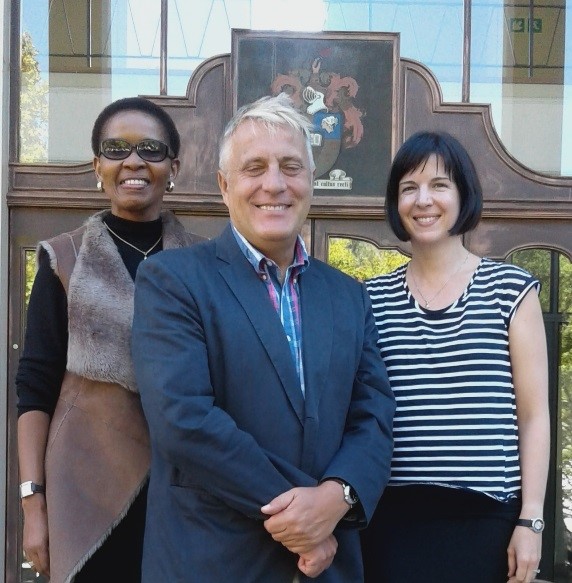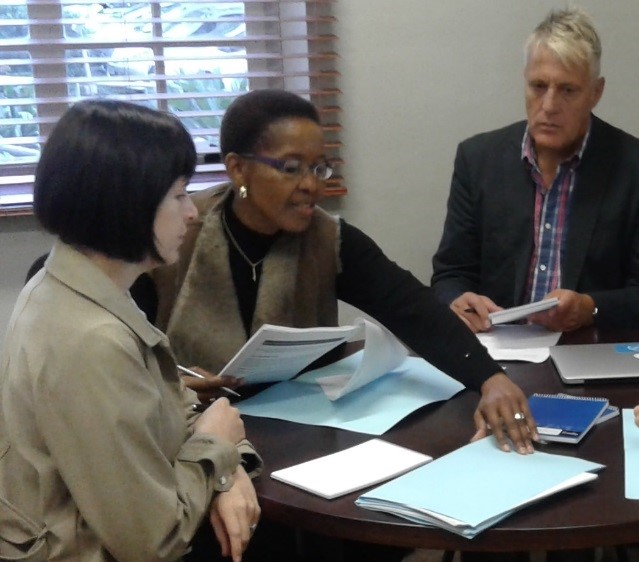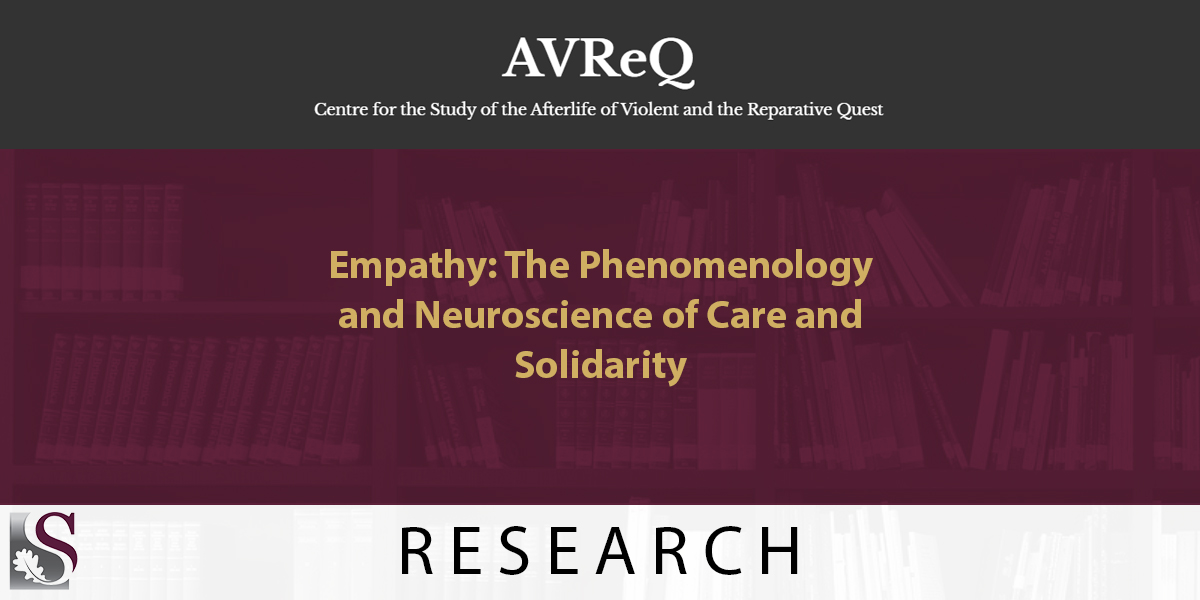Co-investigators: Pumla Gobodo-Madikizela; Melike Fourie
Research Collaborators: Jean Decety; Philip Nel; Kim Wale

Both popular and academic analysis demonstrates that South African society is currently facing a political and moral crisis. Despite the legacy and ideal of reconciliation which helped birth the new democracy, this ideal does not seem to have filtered down into the everyday experiences of race in South Africa.
The concept and practice of reconciliation as demonstrated through the Truth and Reconciliation Commission (TRC) also presented South Africans with an ethical framework for how to rebuild relationships after the destruction caused by apartheid segregation and dehumanization.
Nationally South African society is struggling to find a constructive ethical framework which may guide the efforts of those who wish to make society more just. This research aims to research Ubuntu philosophy both a system of knowledge and as a way of being-in-the-world. It further aims to cultivate Ubuntu philosophy into an ethical and practical framework for South African society by developing and testing a transformation intervention based on the insights gleaned from research into this philosophical and practical worldview.
The concept of ‘Ubuntu’ is not just an ethical idea, but an embodied way of being in the world that is learnt through practice. A person with Ubuntu is open and available to others, affirming of others, does not feel threatened that others are able and good, for he or she has a proper self-assurance that comes from knowing that he or she belongs in a greater whole and is diminished when others are humiliated or diminished, when others are tortured or oppressed, or treated as if they were less than who they are.
The concept of Ubuntu contains an understanding of human relatedness which goes beyond the dominant psychological constructs of ‘empathy’, ‘care’ and ‘solidarity’. Many of these constructs, especially in the field of neuropsychology bring with them a view of what it means to be human that differs from the view of humanity contained in the concepts of Ubuntu. For example, the notion of empathy reflects an individualistic view of relationships as a process which occurs between two individuals. However, Ubuntu speaks more to the collective connections that hold us together as belonging to a human community. The concept of Ubuntu challenges this distinction between care and solidarity, as it imagines a form of being together that is also ‘friendly, caring and compassionate’. Thus the philosophy of Ubuntu has much to offer the field of psychology in deepening the understanding of what it means to belong to a common humanity and to South African society in general.
This project aims to explore the philosophy of Ubuntu with a focus on the ontologies of care contained within the lived experience and practice of this philosophy. It further aims to bring this philosophy into critical conversation with the dominant paradigms of Western psychology and in doing so to develop and test a transformation intervention which is contextually relevant.



